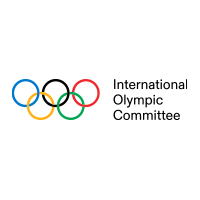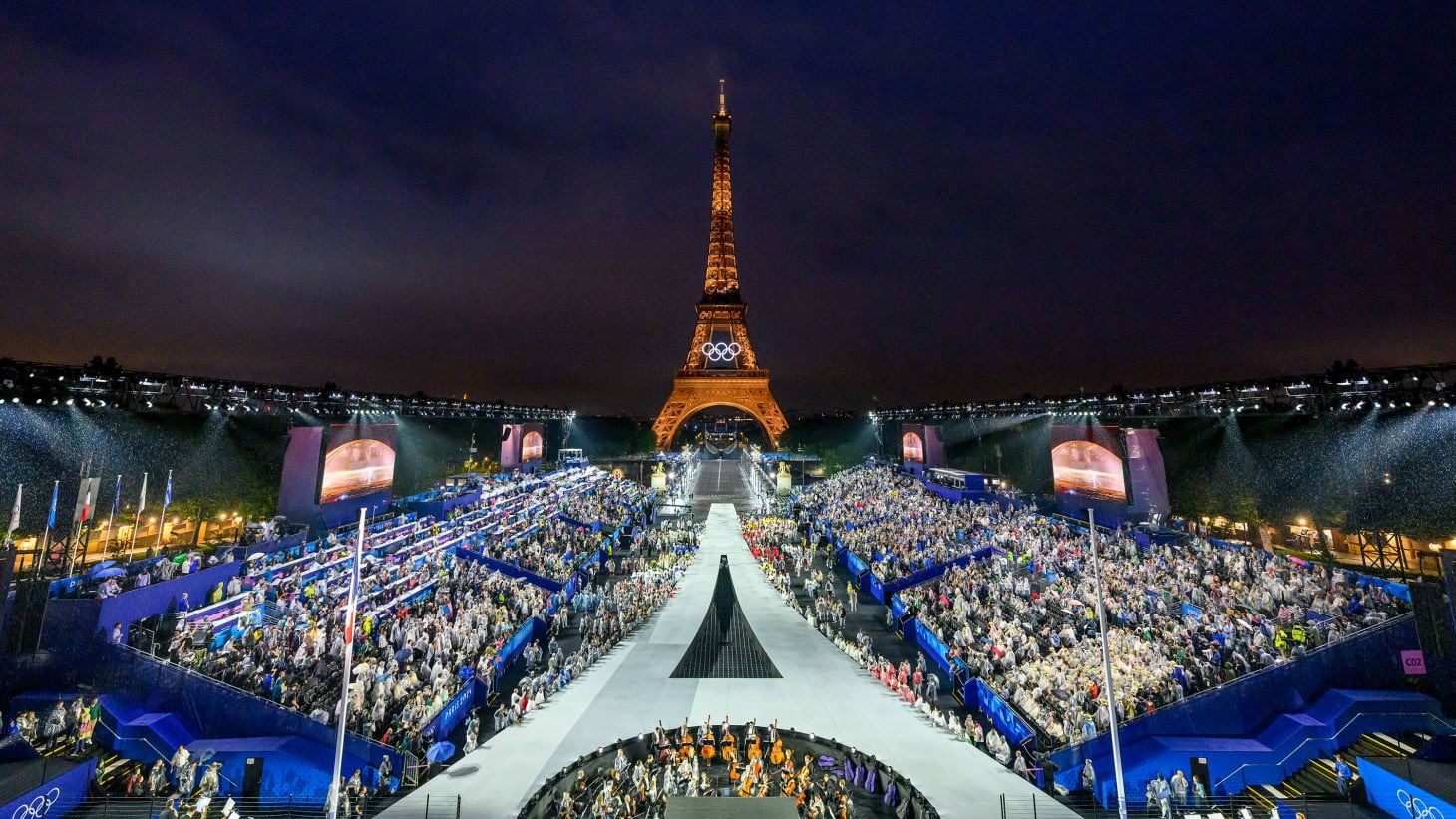22 July 2025 - A year ago, beneath a stormy summer sky, history unfolded along the River Seine. For the first time ever, the Opening Ceremony broke free from stadium walls and embraced the city itself. Athletes from over 200 National Olympic Committees and the International Olympic Committee (IOC) Refugee Olympic Team floated down the river aboard a fleet of boats, transforming the Seine into a majestic stage.
Despite the rain, over 300,000 spectators lined the riverside in person, and hundreds of millions watched from around the globe – witnessing a city reimagined through sport: proud, creative and inclusive.
Following the opening, for 17 days, Paris came alive with sport and celebration. With nearly 90 per cent of people in the Paris region engaged with the Games, the celebrations were spilling out into every street, venue and screen. From dramatic finishes at the Stade de France to roaring crowds at La Défense Arena, the city pulsed with emotion.
Simone Biles staged a stunning comeback, Léon Marchand lit up the pool with five medals, and Armand Duplantis soared to a new world record. In Tahiti, surfers conquered the waves of Teahupo’o, showing how Paris 2024 expanded both the reach and meaning of the Games. Around five billion people around the world, 84 per cent of the potential audience, followed the magic of Paris 2024, making them the most followed Olympic Games ever.
In keeping with its motto, “Games Wide Open”, Paris 2024 was the first edition fully aligned with the principles of the Olympic Agenda reforms – the IOC’s strategic roadmap to make the Games more inclusive, more sustainable and better tailored to the needs of their host.
And Paris showed this Agenda in action – from planning and procurement to delivery and legacy. Every decision was guided by the question: how can the Games serve the city, its people and generations to come?
More sport for more people
Paris 2024 put sport at the heart of daily life – especially for young people. Through the “Bouger Plus” campaign, 30 minutes of daily physical activity are now being introduced into all French primary schools. Over 38,000 children have so far received free swimming lessons through the “1,2,3 Nagez!” programme.
Since 2017, more than five million young people have taken part in Olympic and Paralympic Week, with 700,000 participating in 2025. The “Impact 2024” Fund supported grassroots projects that brought sport and social innovation to 4.5 million people.
Over 5,000 municipalities across France took part in the “Terre de Jeux” programme, hosting over 50,000 sport-related events since 2019. Some 370 of those municipalities have been awarded the “Ville Active et Sportive” label, which recognises innovative sports policies and, to date, has been granted to towns and cities that between them are home to more than a third of France’s population.
The Paris 2024 Organising Committee’s EUR 76 million budgetary surplus will help carry the Olympic and Paralympic legacy further, with the Paris 2024 Endowment Fund responsible for the promotion and development of sport across France.
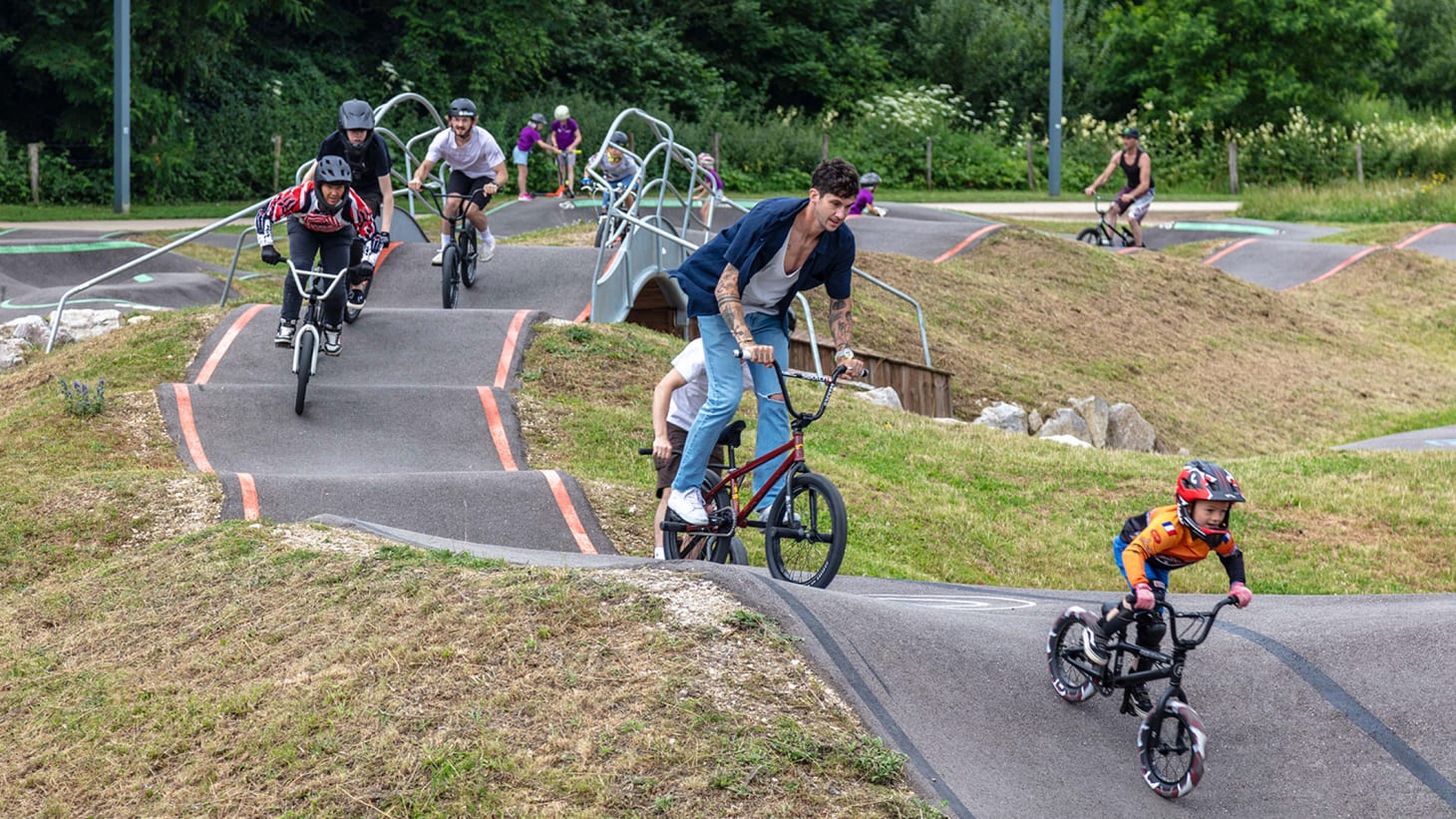
An inclusive celebration
Inclusivity ran through every detail of the Games. One million tickets were distributed free of charge to local residents. Every venue was designed or upgraded to improve their accessibility. Those with disabilities participated not just as athletes, but as fans, volunteers, organisers and performers.
Gender equality was a defining feature. Paris 2024 was the first Games to achieve full gender parity on the field of play – thanks to the quota places being distributed equally by the IOC to men and women. Twenty-eight of 32 sports reached full gender balance, and 196 delegations selected both a male and female flagbearer for the Opening Ceremony.
Across the country, thousands of community celebrations brought the Games into everyday life – proving that Paris 2024 truly belonged to everyone.
Delivering social and economic impact
The Games generated an estimated EUR 7 to 11 billion in net value for the Greater Paris region, boosting local industries, skills development and long-term investment. This impact was widely shared, making sure the Games contributed positively to local communities and integrated social considerations into economic opportunities. Over 181,000 people were employed across sectors and 90 per cent of suppliers were French, 80 per cent of which were small or medium-sized enterprises. More than 800 local businesses from the social and solidarity economy helped deliver the Games, bringing visibility and momentum to inclusive entrepreneurship.
Seine-Saint-Denis, one of France’s most diverse and disadvantaged departments, was at the heart of the Games, hosting the Olympic Village and the Olympic Aquatics Centre. The Village is now being converted into a permanent eco-neighbourhood, with private and social housing, schools, nurseries and green public spaces. Having recently re-opened to the public, the Aquatics Centre is now a permanent public facility, creating opportunities for everyday sport in one of France’s most underserved areas for sports infrastructure. To mark the first anniversary of the Paris 2024 Opening Ceremony, the centre will be open for free to the public on 26 July 2025, thanks to an initiative by the Greater Paris Metropolitan Area and Saint-Denis authorities.
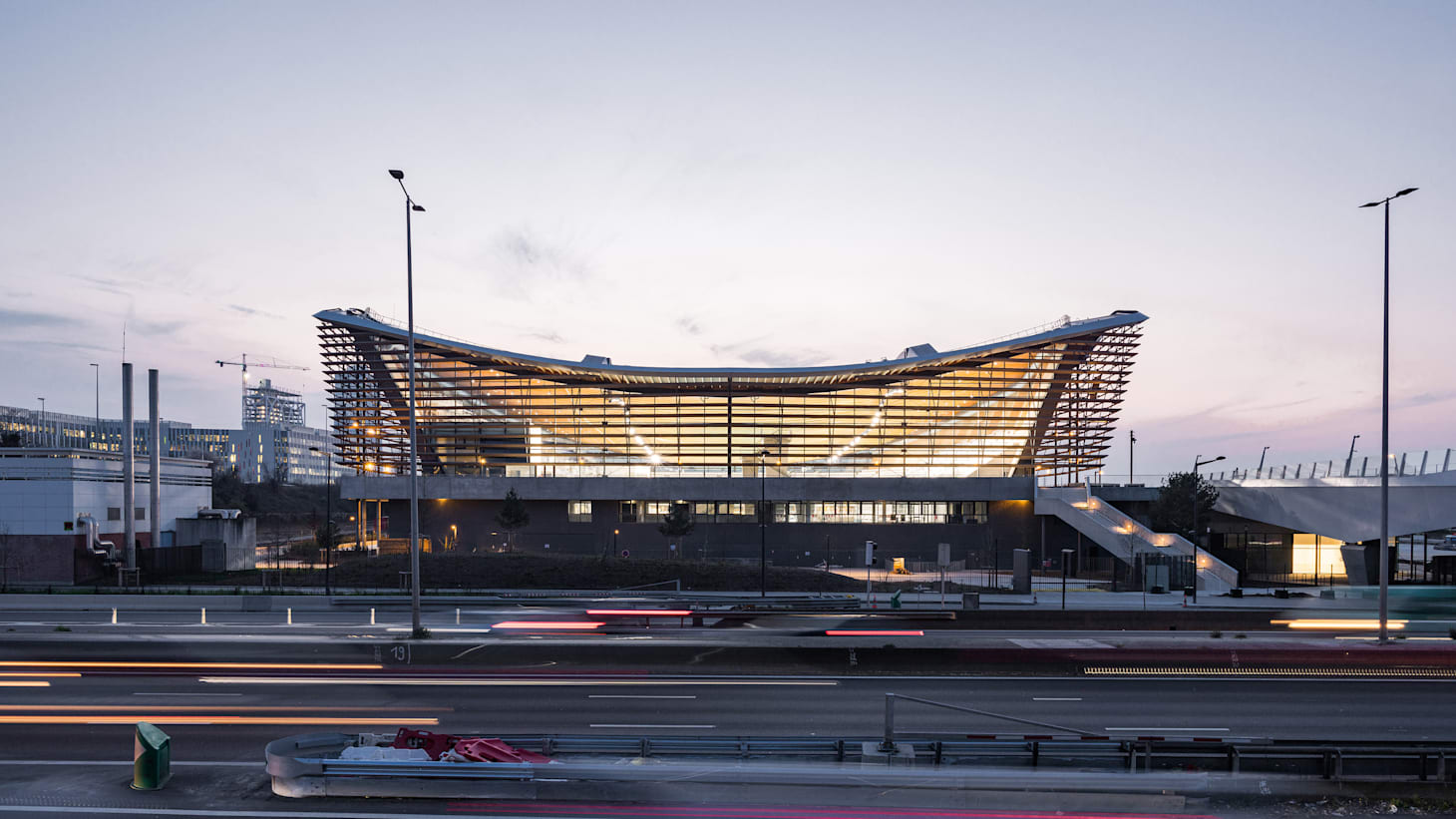
Major upgrades to transport, green infrastructure and community services were accelerated. A former Paris 2024 fan zone, Parc Georges-Valbon, located in the heart of Seine-Saint-Denis, underwent its own transformation, becoming France’s largest new urban park and offering residents long-overdue access to nature and recreation.
One of the most powerful symbols of regeneration is the Seine itself. After a century of pollution, the river was cleaned and reopened for public swimming – a major effort that was accelerated by the Games. On 5 July 2025, three new natural swimming areas – at Bras Marie, Bercy and Grenelle – opened to the public.
Throughout the capital, new green spaces, revitalised streets and a calmer urban environment are improving the quality of life – not just for visitors, but for Parisians themselves.
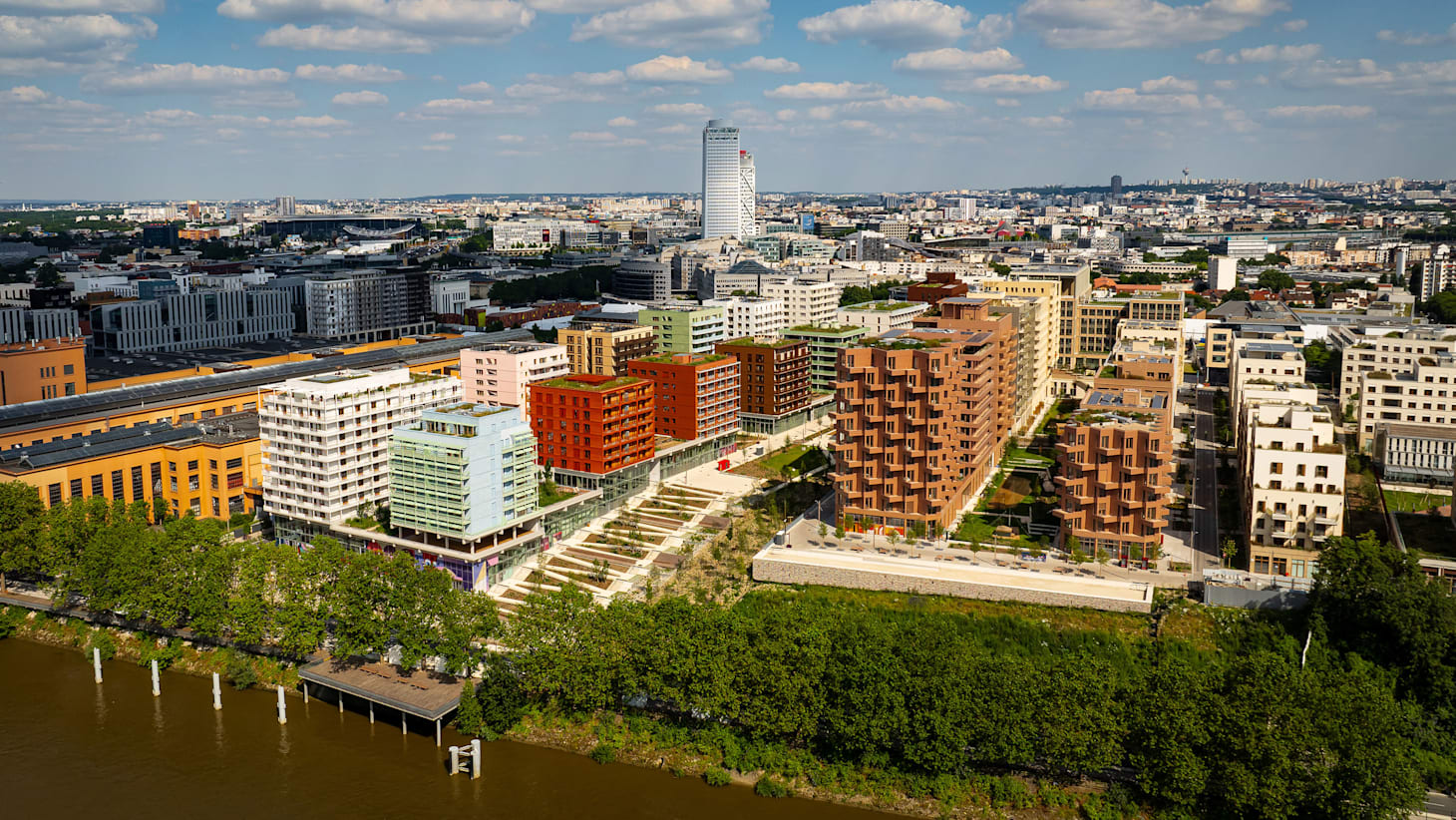
A lighter footprint
These benefits were delivered while also raising the bar for sustainability. Paris 2024 was the first edition of the Games aligned with the Paris Agreement on climate change, cutting the carbon footprint in half compared to the average of London 2012 and Rio 2016. Ninety-five per cent of venues were existing or temporary, with just three low-carbon new builds.
Nearly all six million assets used were reused, recycled or donated. The entire event was powered by renewable energy – with no diesel generators in use and even solar panels floating on the Seine.
Some 87 per cent of spectators used public or active transport, thanks to expanded bike lanes, better infrastructure and a Games plan designed around accessibility and efficiency.
A model, not a template
Paris didn’t just host the Games – it redefined what hosting can mean.
At the core of this shift were the reforms of Olympic Agenda: a commitment to flexibility, relevance and long-term value. The Games are not a fixed model. Instead, they are shaped around the host’s priorities – whether that’s social inclusion, climate action, economic development or urban regeneration.
Paris 2024 brought that vision to life, proving that sport can be a catalyst for systemic change – when it is integrated, intentional and inclusive from the start.
